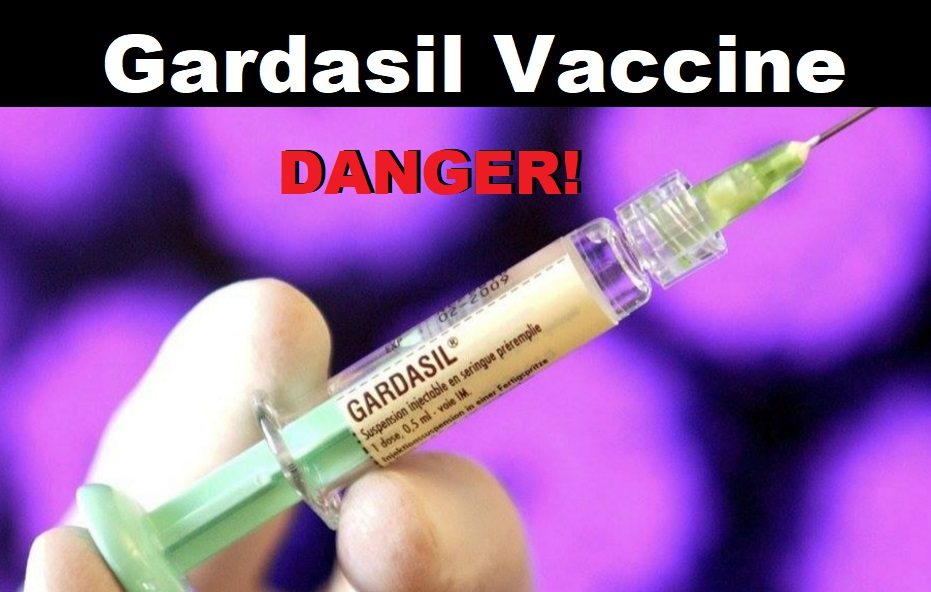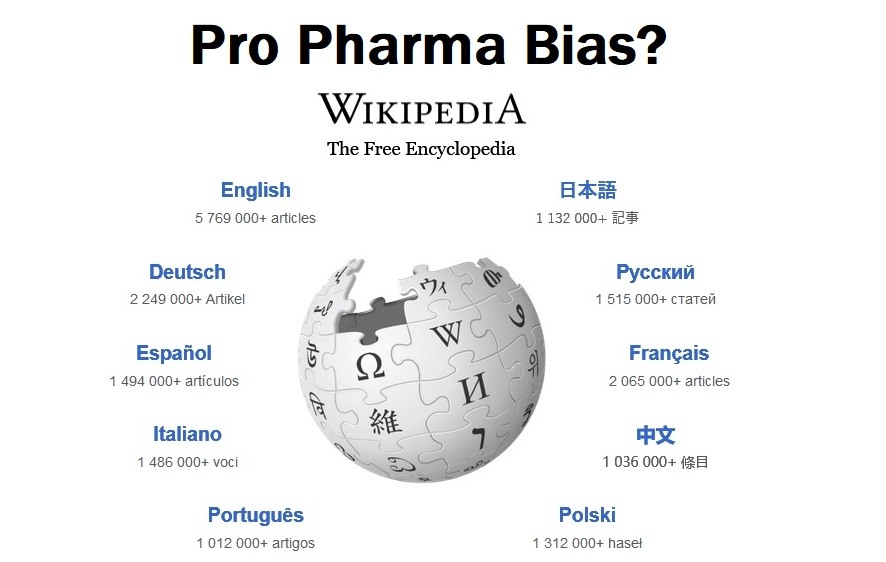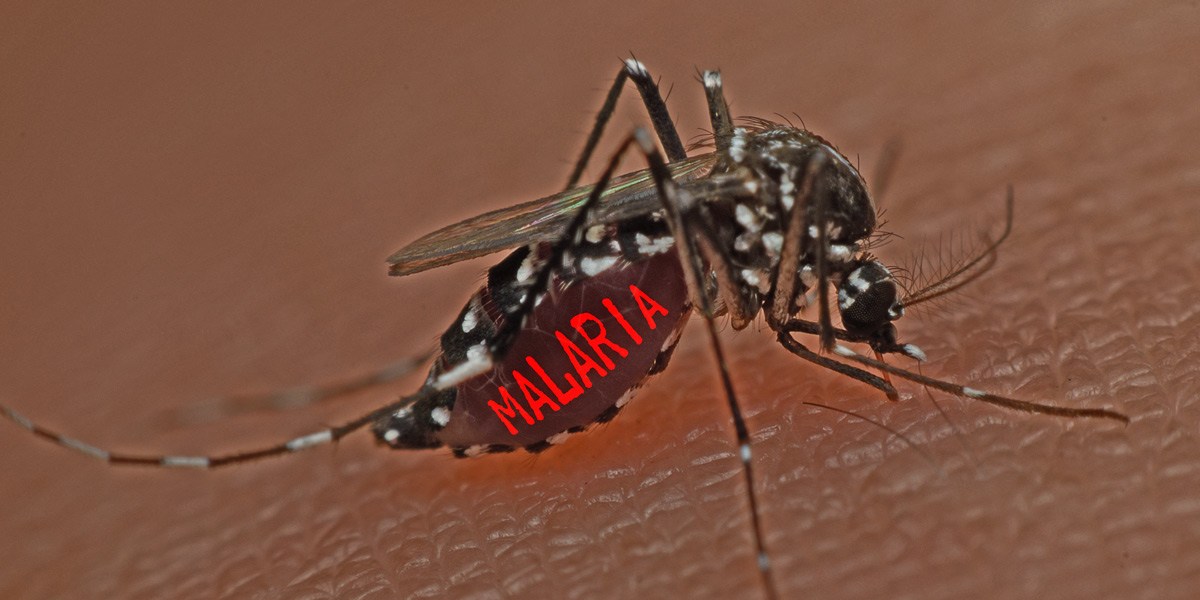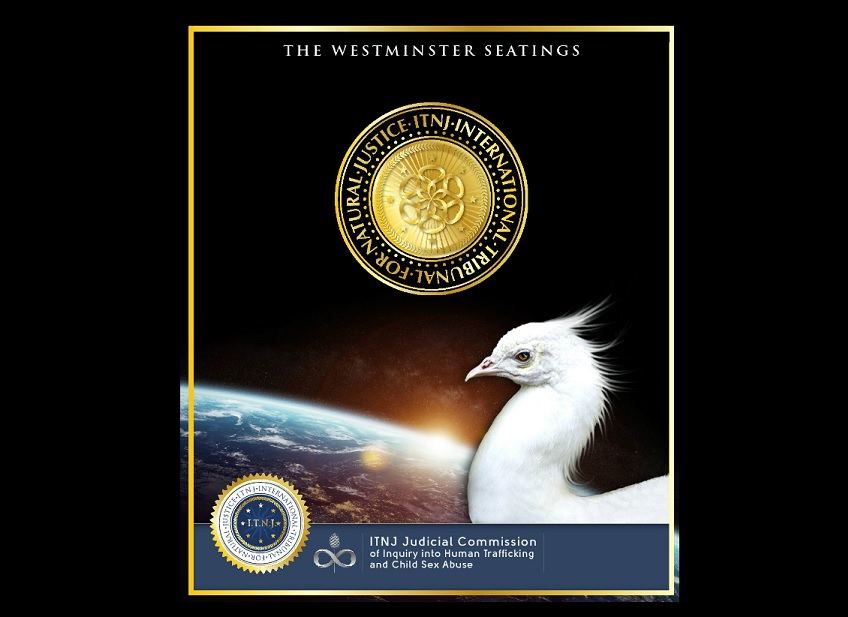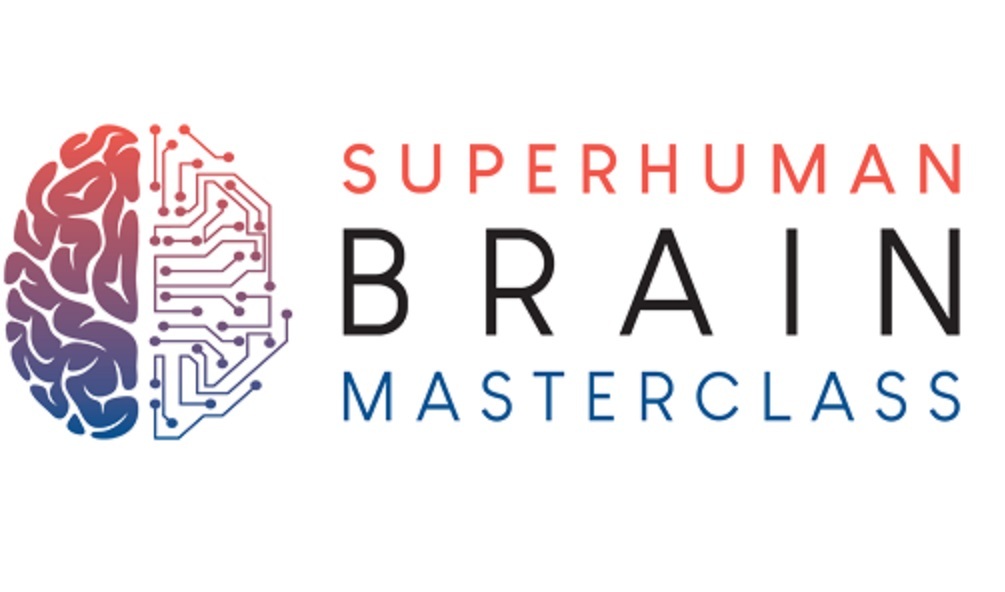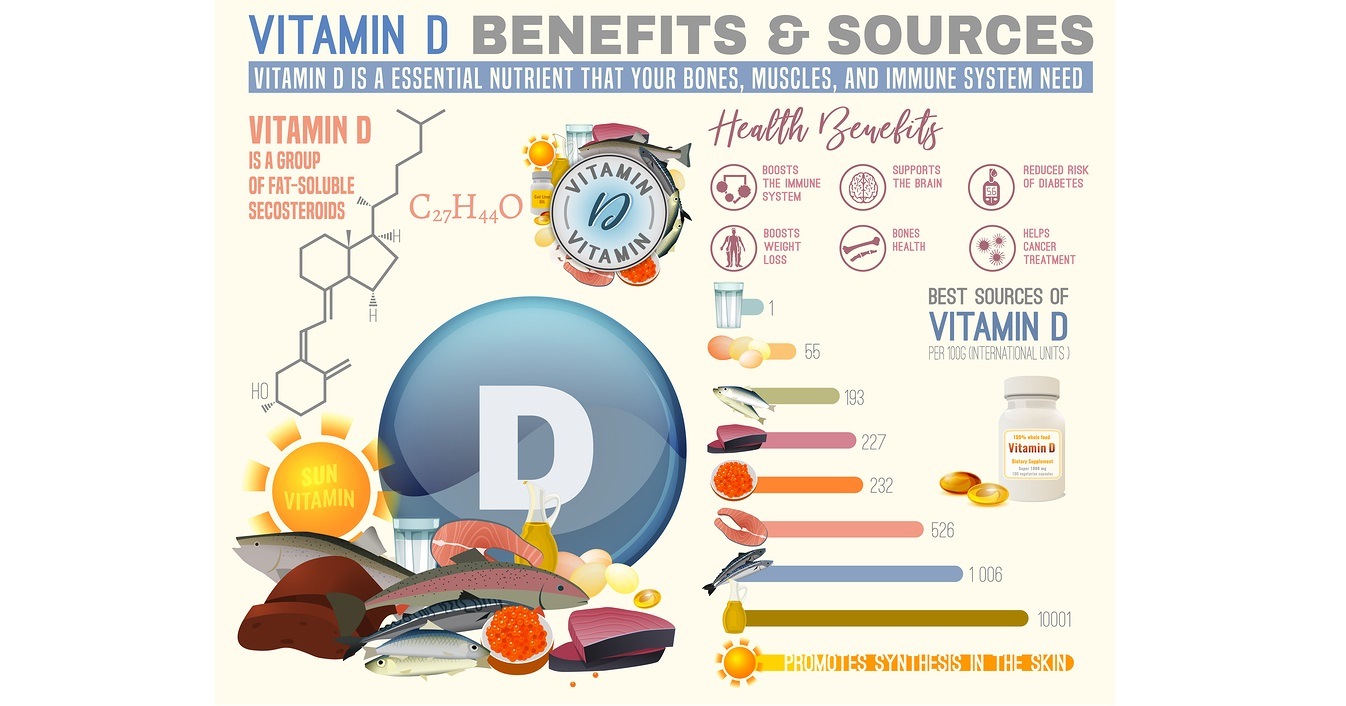Natural substances with tremendous healing capabilities that cannot be patented are a huge threat to the pharmaceutical industry and their FDA-approved drugs, and certainly vitamin D is at the top of this list.
For example, published scientific literature shows that vitamin D is more effective in preventing annual influenza than the dangerous flu shot.
Since the best and primary source of vitamin D is from the sun, most people in North America are vitamin D deficient, even during the summer months when we are told to block the sun's rays due to the fear of skin cancer.
When a natural substance like vitamin D can cure and prevent so many diseases, usually in ways far superior to FDA-approved drugs and vaccines, it should come as no surprise that Big Pharma will pull out all the stops to discredit the science behind these natural substances, as they affect their profits from pharmaceutical products.
This is routinely done by funding their own biased studies, and then attacking medical doctors and scientists who promote natural cures.
One of the areas of vitamin D deficiency that affects many of the families we work with here at Health Impact News, is in the area of Medical Kidnapping and the widely debunked theory of Shaken Baby Syndrome (SBS) that is used to medically kidnap children.
Vitamin D deficiency can lead to brittle bones in infants and children, where multiple hairline fractures occur giving the appearance of "abuse" according to proponents of the Shaken Baby Syndrome medical theory.
One doctor who is a world-renown authority on vitamin D and has testified in court on behalf of parents falsely accused of SBS, is Dr. Michael Holick. He has recently come under fire and was attacked in the corporate-sponsored "mainstream" media that derives much of its advertising revenue from Big Pharma.
William B. Grant, PhD, the director for the Sunlight, Nutrition, and Health Research Center, and former senior research scientist at SRI International, the Jet Propulsion Laboratory, and the NASA Langley Research Center, has recently published a commentary with the Orthomolecular Medicine News Service exposing Big Pharma's "disinformation playbook" and how they attack natural cures, and vitamin D health benefits specifically.
Dr. Grant has authored or coauthored over 60 articles in peer-reviewed journals.









